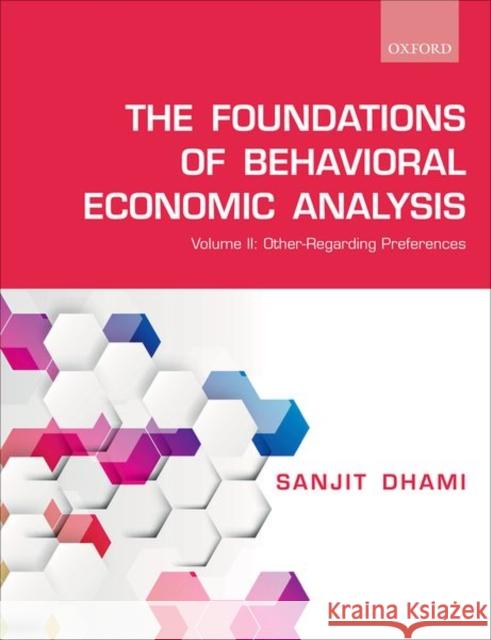Foundations of Behavioral Economic Analysis: Volume II: Other-Regarding Preferences » książka
topmenu
Foundations of Behavioral Economic Analysis: Volume II: Other-Regarding Preferences
ISBN-13: 9780198837435 / Angielski / Miękka / 2019 / 352 str.
Kategorie:
Kategorie BISAC:
Wydawca:
Oxford University Press, USA
Język:
Angielski
ISBN-13:
9780198837435
Rok wydania:
2019
Ilość stron:
352
Waga:
0.68 kg
Wymiary:
18.7 x 24.5 x 2.5
Oprawa:
Miękka
Wolumenów:
01
Dodatkowe informacje:
Bibliografia











